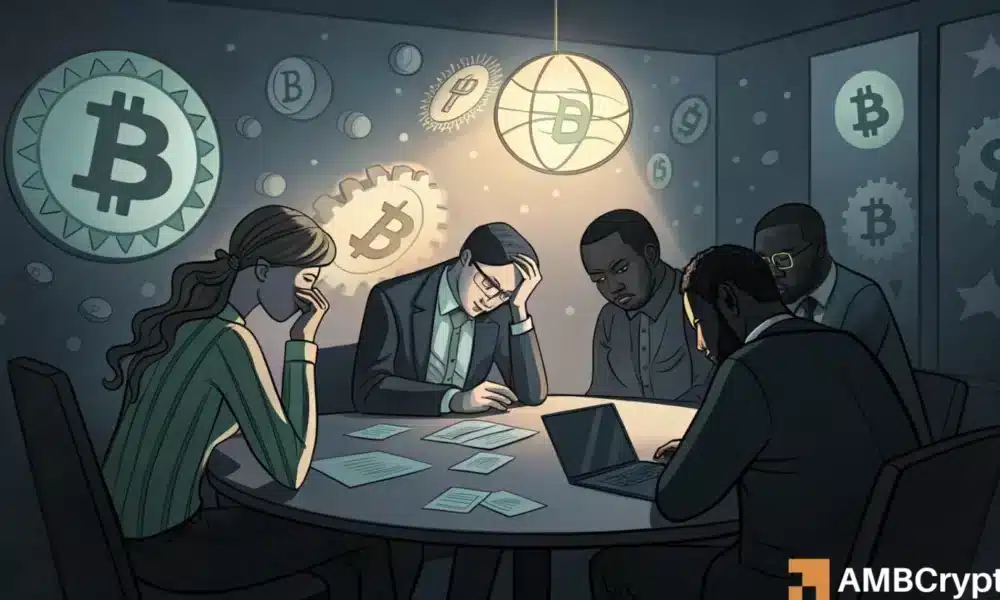Key Takeaways
MoonPay got hit by a high-profile scam targeting its CEO and CFO, despite its recent expansion into all 50 U.S. states, highlighting the other side of crypto adoption.
An elaborate online scam recently tricked two top MoonPay executives into losing over $250,000, according to a U.S. Department of Justice filing.
The filing states that the scam involved 40,350 USDT, now frozen in Tether accounts and under government recovery efforts.
Although the filing identifies the victims only as “Ivan” and “Mouna,” crypto outlet NOTUS reported that they are likely Ivan Soto-Wright, MoonPay’s co-founder and CEO, and Mouna Ammari Siala, the company’s CFO.
The scammers allegedly convinced the executives to transfer funds to an account they believed belonged to real estate developer Steve Witkoff, a former co-chair of Donald Trump’s 2017 inaugural committee.
Remarking on which, the DOJ filing added,
“IP geolocation data consistently showed emails from these accounts originating from Nigeria, and not the United States.”
MoonPay execs fall victim to scam
Authorities suspect that Aigbokhan orchestrated the scam involving 40,350 USDT and cross-border money transfers within the U.S.
Needless to say, the case emerges at a crucial moment for MoonPay, as the company recently gained major regulatory traction.
After initially launching in just a few U.S. states, MoonPay secured the prestigious BitLicense from the New York Department of Financial Services (NYDFS).
This approval allowed the company to legally operate across all 50 states, an essential step for any crypto firm aiming for national credibility and broader market access.
It remains to be seen how MoonPay will move forward, especially in terms of user trust and platform integrity.
Dark side of crypto adoption
Crypto-related scams have become increasingly sophisticated over the past years, with 2024 being the year of severe threats.
The FBI’s latest IC3 report revealed that Americans lost a record $9.3 billion to such fraud. This was a sharp 66% rise compared to 2023.
Such rising scams point to one thing — there is an urgent need for stronger regulatory oversight as the digital asset space grows.







